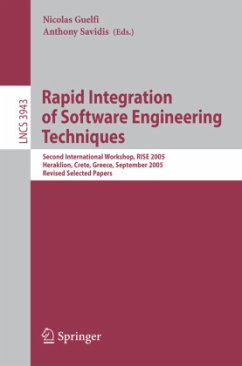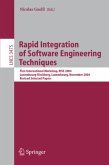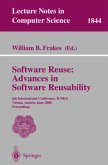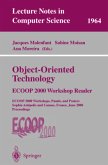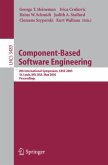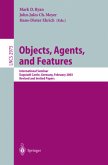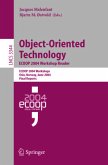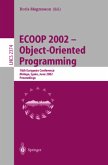RISE 2005 (http://rise2005.ics.forth.gr/) was the second annual inter-national workshop of the ERCIM (European Research Consortium for Informatics and Mathematics - http://www.ercim.org/) Working Group on Rapid Integration of Software Engineering techniques (RISE - http://rise.uni.lu/). RISE is an international forum for researchers and practitioners interested in the advancement and rapid application of novel, integrated, or practical software engineering approaches being part of a methodological framework, which apply to the development of new or evolving applications and systems. RISE provides an opportunity to present and discuss the latest research results and ideas in the rapid and effective integration of software engineering techniques. Target application domains of interest to RISE include: - Web-based software systems - Mobile communication systems - High-availability or mission-critical systems - Resilient business and grid applications - Ambient intelligence environments - Embedded systems and applications - User interface development - Development environments - Electronic entertainment - Enterprise computing and applications In particular, RISE 2005 focused on an open and inclusive set of key software engineering domains, which formed the focal point of the workshop, including, but not limited to: - Software and system architectures - Software reuse - Software testing - Software model checking - Model-driven design and testing techniques - Model transformation - Requirements engineering - Lightweight or practice-oriented formal methods - Software processes and software metrics - Automated software engineering - Design patterns - Design by contract - Defensive programming

